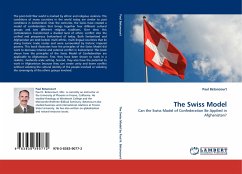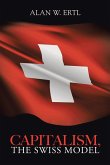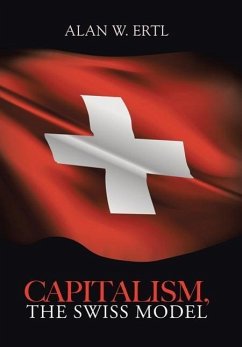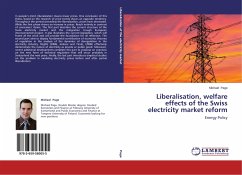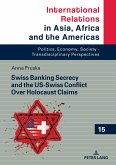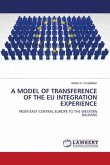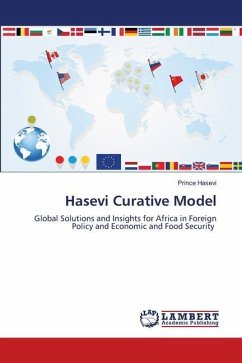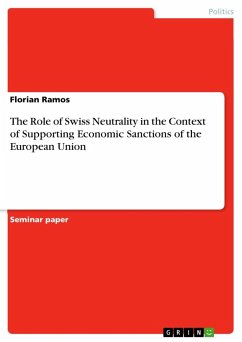The post-Cold War world is marked by ethnic and religious violence. The conditions of many countries in the world today are similar to past conditions in Switzerland. Over the centuries, the Swiss have created a model of confederation that brings together four different cultural groups and two different religious traditions. Over time, this confederation transformed a divided land of ethnic conflict into the unified and prosperous Switzerland of today. Both Switzerland and Afghanistan are land-locked, multi-ethnic, multi-lingual countries that lie along historic trade routes and were surrounded by historic imperial powers. This book illustrates how the principles of the Swiss Model did work to decrease internal and external conflict in Switzerland. This book shows how the principles of the Swiss Model of Confederation are applicable to Afghanistan. First, they have been shown to work in a realistic, moderate scale setting. Second, they also have the potential to work in Afghanistan because they can create unity and lower conflict without violating the cultural identity of the people involved or violating the sovereignty of the ethnic groups involved.

